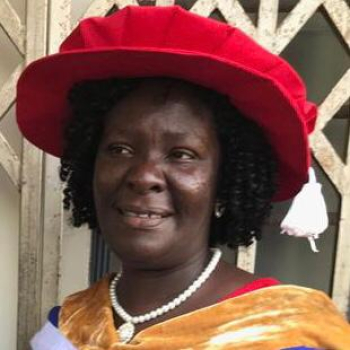Exploring colleges of education science tutors' views on differentiated instruction: A case study in the Volta Region of Ghana

Exploring colleges of education science tutors' views on differentiated instruction: A case study in the Volta Region of Ghana
The study was to explore the viewpoints of science tutors working at colleges of education located in the Volta Region of Ghana regarding the implementation of differentiated instruction. Case study methodology, which is qualitative in nature, was used as the design strategy for this study. The research utilised a method known as purposive sampling to collect data from a group of 32 science tutors working in colleges of education in the Volta Region of Ghana. These science tutors were chosen for the study since they maintained constant direct instructional contact with students and had prior teaching experience both inside and outside of colleges. To acquire data, interviews were conducted. Different science tutors were discovered to have varying levels of understanding about topics, learning styles, learner interest, learner variety, methodology, and lesson planning. The findings also demonstrated that most science teachers who did not implement differentiated instruction in their classrooms were aware of the strategy, but they chose not to implement it in their classes for a variety of reasons, including a lack of available time, the difficulty of the strategy, and an excessive amount of existing work. The findings also demonstrated that most of the scientific tutors did not make use of the feedback provided by the assessments they administered to direct their instruction. According to the science tutors, the students were always provided with the marking schemes so that they could self-correct. The findings of the classroom observation revealed that these instructors do not teach in a way that caters to the various needs of their students. Most participants continue to subscribe to conventional classroom teaching practises that are predicated on a cookie-cutter approach that has been shown to be unsuccessful. The study's results show that tutoring universities should teach student teachers how to use differentiated education and hold seminars for tutors on how to use differentiated education.
